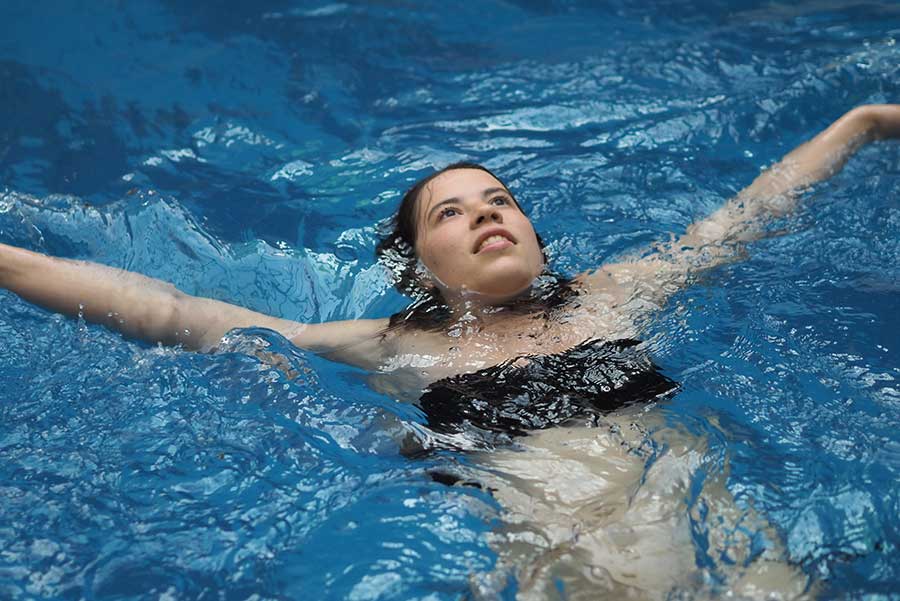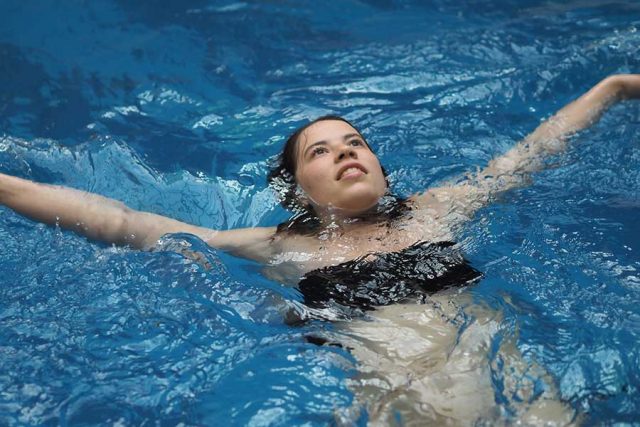Medically Reviewed by Jacque Parker, RN

The literature on Multiple Sclerosis tends to focus almost entirely on drug treatment and there is very little on alternative approaches. We pursued one alternative and had remarkable success, and may help others who are dealing with this disease.
We were married in 1986, and had no idea that one day we would need to deal with something called multiple sclerosis. The diagnosis came in 1989, after Beth had experienced symptoms such as double vision, poor balance, numbness, and impaired walking. In 1979 a problem with her vision had come and gone when she was at Wheaton College, but at the time it was not clear that it was neurologically connected. Otherwise, she was in excellent health.
After the diagnosis in a period from 1990-94, Beth experienced several periods of remission and exacerbation. The flare ups would last anywhere from a couple weeks to two months. We had our second and third daughters in these years. We were encouraged by our neurologist to consider drug therapy, but the symptoms didn’t require lifestyle changes at that point and so we always toughed it out until a remission ensued. An eye patch was helpful in dealing with the double vision.
Then in the summer of 1994 we moved, changed our approach to Multiple Sclerosis, because we moved right across the street from the local “Y” and its swimming pool, and have not had any symptoms since. It has been seven years now. A recent MRI shows that there have been some additional scleroses in the brain, but there have been no signs of Multiple Sclerosis in terms of symptoms. In 1994 Beth began a regular regimen of swimming at least 3 times a week for 30 minutes. This exercise therapy has been a heaven sent treatment in extending the remission. Before 1994 the longest remission was about one year. Now we are in a seven year remission and still counting – no double vision, no numbness, no ambulatory impairment, no symptoms at all.
What makes our experience remarkable is the additional fact that Beth’s younger brother has MS also. He was diagnosed in the mid 1990’s, and has taken the drug therapy approach. He has not had much success, in fact he needs a walker these days. The drugs have given him only temporary and mild relief. Remissions are short-lived and relapses occur in what appears to be an increasing debilitation. Two siblings with the disease, yet two with different approaches and outcomes. Coincidence? Medical orthodoxy will commend the pharmaceutical approach, but scarcely mention exercise. We have gone from relapsing-remitting MS over a 5+ year period to no symptoms for seven once we began the exercise regimen. Is it ever too late to begin the exercise therapy? These and other questions we can’t answer, but we are looking for someone in the medical research community to explore our experience further and get the word published so that others may be given a fuller picture and a greater degree of hope in dealing with MS.
Did you find this article helpful? Join us at HealingWell for support and information about Multiple Sclerosis. Connect and share with others like you.
Clark andamp; Elizabeth Stull are from Landsdowne, Pennsylvania.




